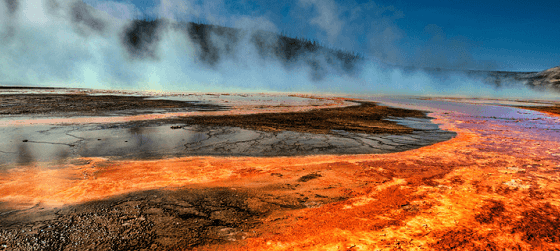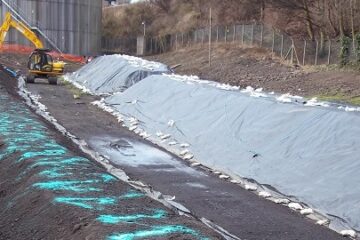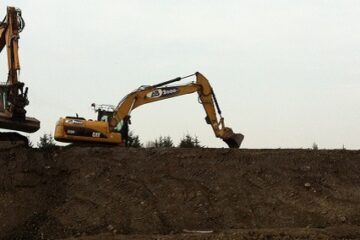I feel I could go out on a limb on this one and say that the majority of soil contaminants can be ‘bioremediated’, by that I mean that the risks posed by the majority of soil contaminants can be addressed by bioremediation. We reported recently on the ‘plastic eating fungus discovery’ Pestalotiopsis microspora. The eco-friendly world is hoping that Pestalotiopsis microspora will have practical applications in the near future.
Bacteria which break down hydrocarbons (petrol, diesel, etc..) are increasingly available on the market. Our preferred choice of hydrocarbon degrading bacteria is to use the naturally occurring bacteria already present in the soil to be treated. Selectively breeding those bacteria in a laboratory environment, optimising soil conditions (e.g. balancing nutrients, increasing soil aeration) then re-introducing large numbers of the naturally occurring bacteria. This is a tried and tested method, without the risks of someone selling you ‘magic beans’ which may not survive in the soils you’re treating.
A sulphate reducing bacteria (Desulfovibrio vulgaris ) has been recently mapped by an American laboratory in Berkeley. Desulfovibrio vulgaris has the ability to metabolise metals, reducing them to non-hazardous forms. It’s worth noting that the drilling industry have corrosion issues caused by Desulfovibrio vulgaris so any use for bioremediation, as always, needs to be carefully controlled.
I’m sure there are more micro-organisms out there which are countering contamination issues, if there are any you think are worth a mention here then please use the comments section.
2021
Soil remediation guide
Approaching soil remediation without any prior knowledge can be difficult and uncomfortable at times, especially when it can potentially be very costly. This free eBook will help you understand the whats, the whys and the hows of soil remediation in the simplest terms.







Leave a Reply